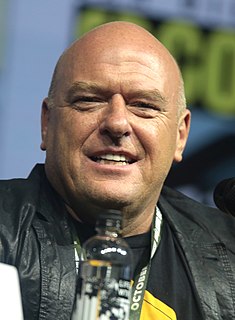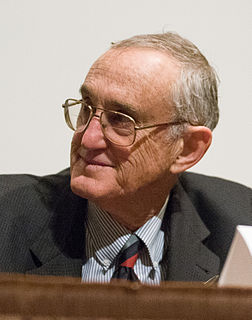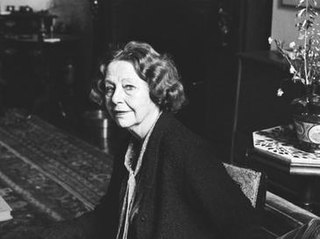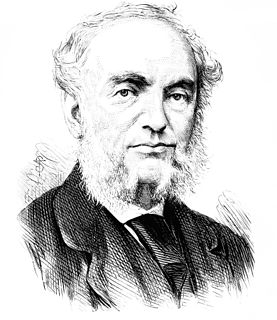A Quote by Sheldon Lee Glashow
Would physics at Geneva be as good as physics at Harvard? I think not. Rome? I think not. In Britain, I don't think there is one place, neither Cambridge nor Oxford, which can compare with Harvard.
Related Quotes
I got a PhD from Harvard and a few years later, there was a girl from Sunderland who hadn't got into Oxford or Cambridge, even though she'd got perfect A-levels. Harvard asked me to come and recruit her because I was recruited out of university by Harvard - they were trying to show that people could make it.
I would not say that Harvard possesses any sort of absolute dominance. And I personally do not take the rankings of schools all that seriously. However, I think that Harvard's global visibility increased significantly in the 1930s and 1940s and that the new commitment to excellence at Harvard spread to other institutions.
Following graduation from high school in 1948, I attended Harvard University where I became a physics major. Having grown up in a small town, I found Harvard to be an enormously enriching experience. Students in my class came from all walks of life and from a great variety of geographical locations.
I think that issues of gender have been discussed widely at Harvard. But I think I was chosen clearly on the merits, and I wish to operate as president on the merits. I think, on one level, we might say that I can affirm that women have the aptitude to do science or to do anything, including being president of Harvard.
Harvard (across the river in Cambridge) and Boston are two ends of one mustache. ... Without the faculty, the visitors, the events that Harvard brings to the life here, Boston would be intolerable to anyone except genealogists, antique dealers, and those who find repletion in a closed local society.
[My father] was a banker. He was the president of the Cambridge Trust Company, the head of the trust department, and he taught classes at the Harvard Business School. And he was a member of the Harvard Faculty Club, which I am, too, because what I did is... I have the same name as my father, only Jr.
I founded an educational software company called Knowledge Revolution. We had the first fully animated physics lab on the computer. You could take ropes, pulleys, balls and anything else you'd use in your physics textbook and the program would allow you to build anything you can think of in a physics lab.
When I was in college, I didn't like physics a lot, and I really wasn't very good at physics. And there were a lot of people around me who were really good at physics: I mean, scary good at physics. And they weren't much help to me, because I would say, 'How do you do this?' They'd say, 'Well, the answer's obvious.'
I do not think the division of the subject into two parts - into applied mathematics and experimental physics a good one, for natural philosophy without experiment is merely mathematical exercise, while experiment without mathematics will neither sufficiently discipline the mind or sufficiently extend our knowledge in a subject like physics.




































